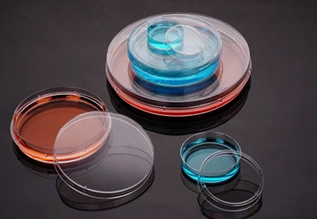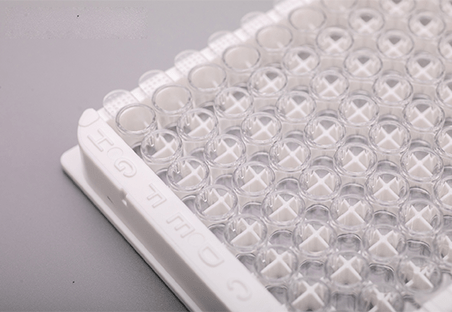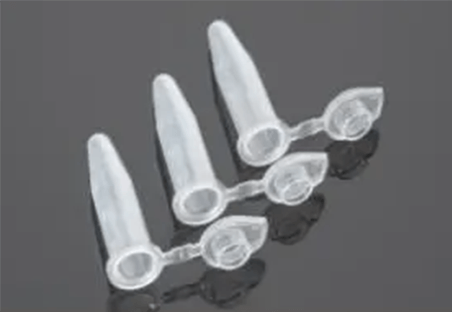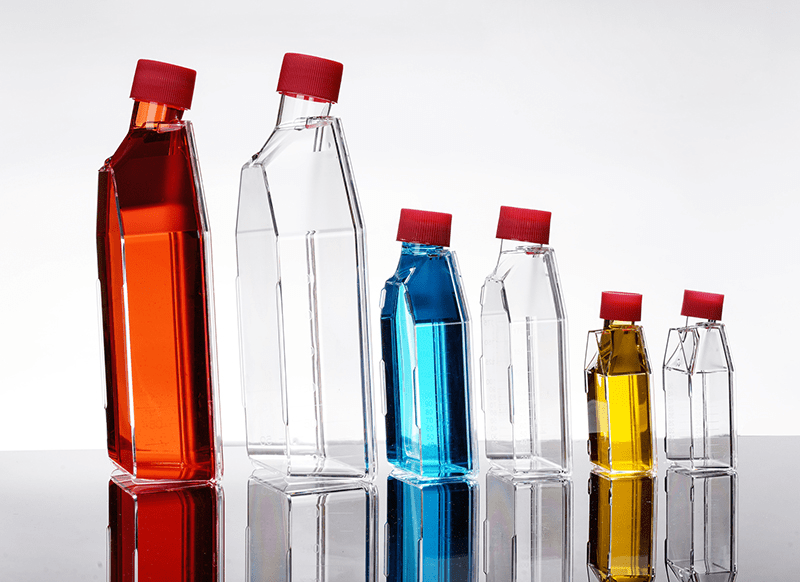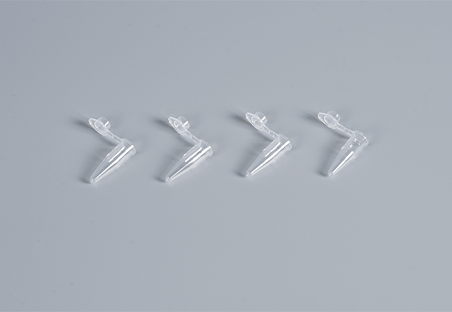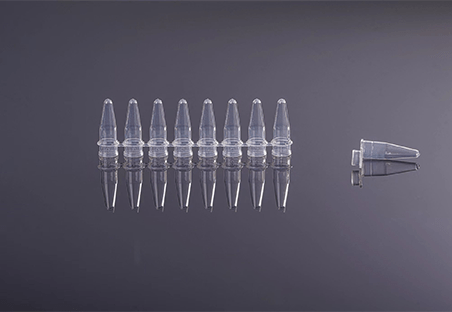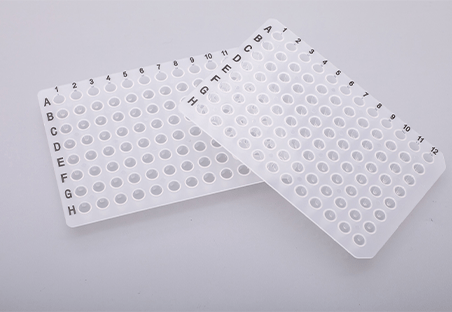Filter pipette tips have become an indispensable tool in modern laboratories, offering significant advantages over standard pipette tips in terms of contamination prevention, accuracy, and efficiency. By incorporating a porous filter at the tip, filter pipette tips effectively trap aerosols and droplets, minimizing the risk of cross-contamination and protecting sensitive samples. This article by pipette tips supplier Scopelab explores the key benefits of using filter pipette tips discusses the ideal applications for their use, and addresses compatibility concerns.

What Are the Advantages of Using Filter Pipette Tips?
Filter pipette tips offer several significant advantages over standard pipette tips, especially when working with sensitive or high-value samples. Here’s a detailed breakdown of these benefits:
1. Prevention of Contamination
- Aerosol Trapping: The filter within the tip effectively traps airborne contaminants, such as aerosols and droplets, preventing them from entering the pipette and contaminating the sample or reagent.
- Cross-Contamination Reduction: This minimizes the risk of cross-contamination between samples, ensuring the integrity of experimental results.
- Sample Protection: For sensitive or expensive samples, the added protection provided by filter tips is invaluable, reducing the likelihood of sample loss due to contamination.
2. Enhanced Accuracy and Precision
- Reduced Sample Evaporation: By preventing contamination from aerosols, filter tips can help reduce sample evaporation, especially when working with volatile liquids.
- Improved Pipetting Accuracy: This leads to more accurate and precise pipetting, improving the reliability of experimental results.
3. Increased Efficiency
- Fewer Repetitions: By minimizing the risk of contamination, filter tips can help reduce the need for repeated experiments due to sample or reagent contamination.
- Time and Resource Savings: This can save time and resources, especially when working with expensive or time-consuming experiments.
4. Protection of Sensitive Samples
- Safeguarding High-Value Samples: Filter tips are particularly valuable when working with sensitive or high-value samples, such as those used in molecular biology, cell culture, or clinical research.
- Preventing Sample Degradation: By preventing contamination, filter tips can help protect samples from degradation, ensuring their integrity for downstream analysis.
5. Compliance with Regulatory Standards
- Adherence to Quality Control: In industries with strict quality control standards, such as pharmaceuticals or diagnostics, filter tips can help ensure compliance by minimizing the risk of contamination.
- Regulatory Confidence: The use of filter tips can demonstrate a commitment to quality and good laboratory practices, enhancing regulatory confidence.

When Should Filter Pipette Tips Be Used?
Filter pipette tips are particularly valuable in situations where preventing contamination is crucial. Here are some specific scenarios where their use is recommended:
| Molecular Biology Applications | PCR | Filter tips are essential for preventing contamination in polymerase chain reaction (PCR), a highly sensitive technique used to amplify DNA. |
| DNA and RNA Isolation | They help protect DNA and RNA samples from contamination during isolation and purification procedures. | |
| Cloning and Sequencing | Filter tips can minimize the risk of contamination in cloning and sequencing experiments. | |
| Cell Culture | Preventing Microbial Contamination | Filter tips can help prevent the introduction of microorganisms into cell cultures, safeguarding their integrity and preventing experimental failures. |
| Protecting Sensitive Cell Lines | They are especially valuable for protecting sensitive cell lines that are susceptible to contamination. | |
| Microbiology | Handling Pathogens | Filter tips are recommended for handling pathogens and other microorganisms to prevent their spread and protect laboratory personnel. |
| Sample Preparation: | They can be used to prepare samples for microbiological analysis, such as culturing and staining. | |
| Pharmaceutical and Biotechnology Industries | Quality Control | Filter tips are essential for maintaining quality control in pharmaceutical and biotechnology laboratories, where contamination can have serious consequences. |
| Sensitive Assays | They are used in various assays and analytical procedures to ensure accurate and reliable results. | |
| Research and Development | Sensitive Experiments | Filter tips are valuable for research and development projects involving sensitive experiments or high-value samples. |
| Minimizing Errors | They can help minimize errors and ensure the reproducibility of experimental results. |

Are Filter Pipette Tips Compatible with All Pipettes?
Filter pipette tips are generally compatible with most standard laboratory pipettes. However, it’s essential to check the manufacturer’s specifications for both the pipette and the filter tips to ensure a proper fit and optimal performance. Here are some factors to consider when selecting filter pipette tips:
- Pipette Brand and Model: Different pipette brands and models may have slightly different tip sizes and geometries. It’s crucial to choose filter tips that are specifically designed for your pipette model.
- Tip Volume: Filter tips are available in various volumes, ranging from microliters to milliliters. Select tips that match the volume range of your pipette to ensure accurate dispensing.
- Tip Material: While most filter tips are made of polypropylene, some manufacturers may offer tips made of other materials. Ensure that the tip material is compatible with your pipette and the specific application.
To ensure compatibility, it’s recommended to purchase filter tips directly from the pipette manufacturer or from a reputable supplier that specializes in laboratory supplies. They can provide guidance on selecting the appropriate filter tips for your specific pipette and application.

Filter Pipette Tips: A Laboratory Essential
Filter pipette tips offer a multitude of advantages for laboratories across various scientific disciplines. By preventing contamination, enhancing accuracy and precision, increasing efficiency, protecting sensitive samples, and ensuring compliance with regulatory standards, filter pipette tips contribute to the reliability and reproducibility of experimental results. Scopelab provides good-quality pipette tips with versatility and effectiveness making them an essential tool for researchers and laboratory professionals seeking to optimize their workflows and safeguard the integrity of their samples.
